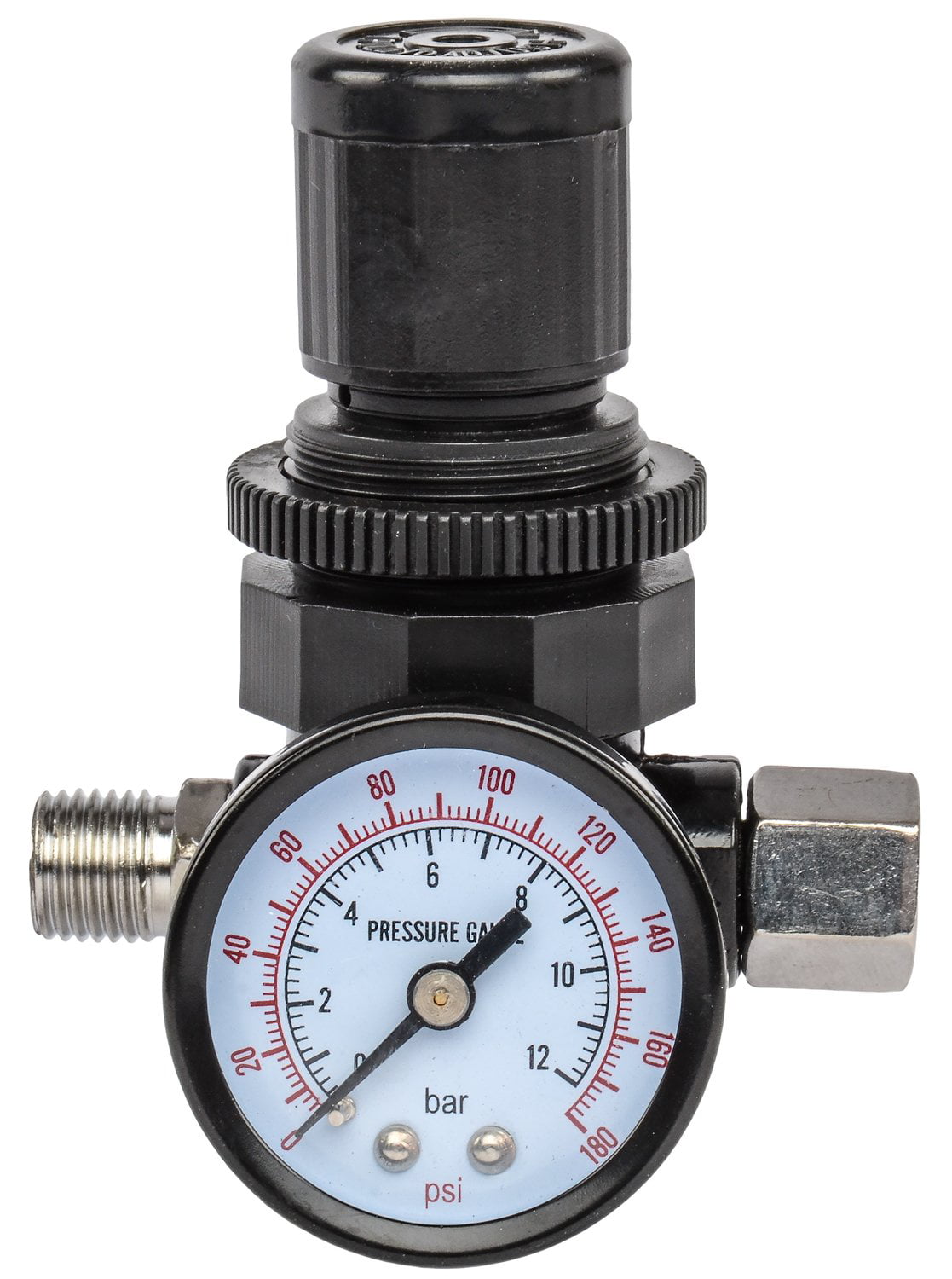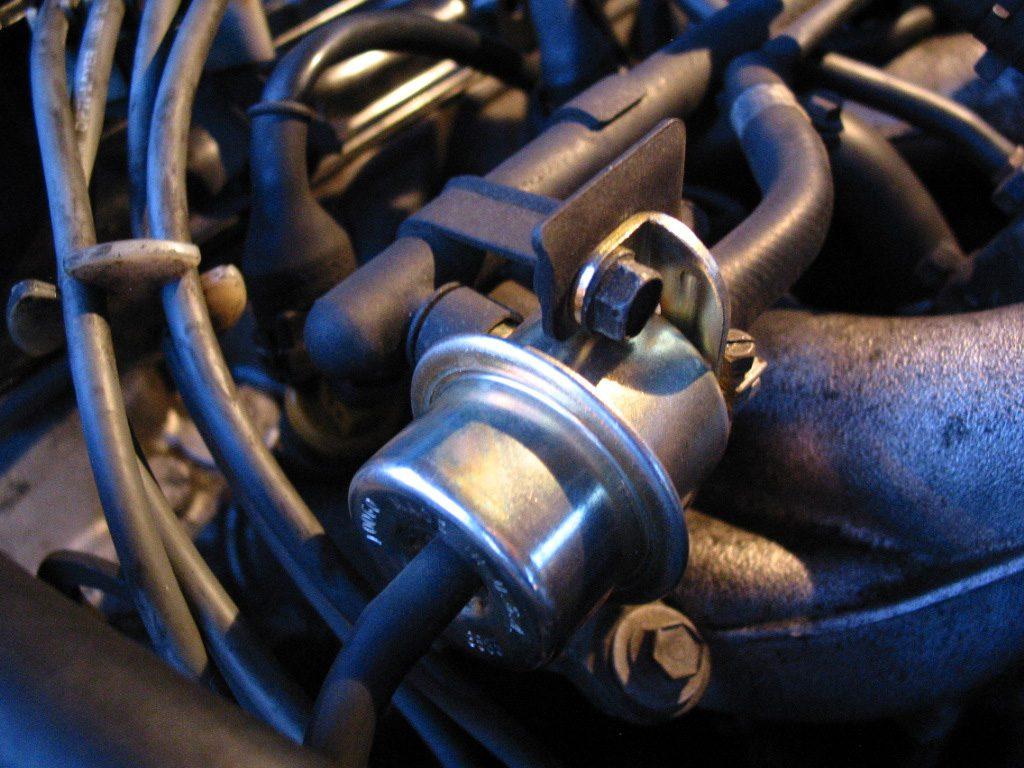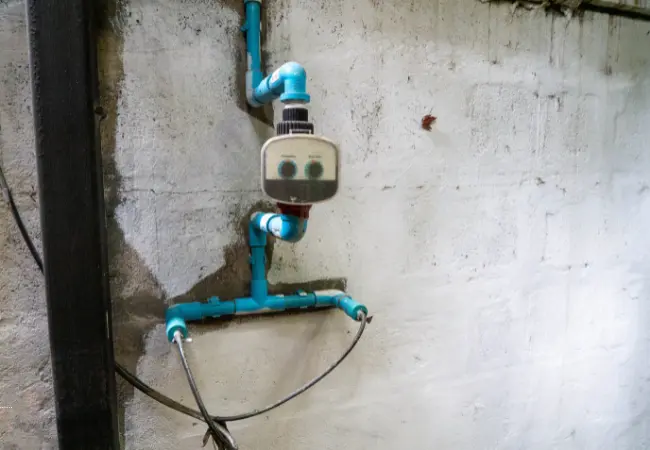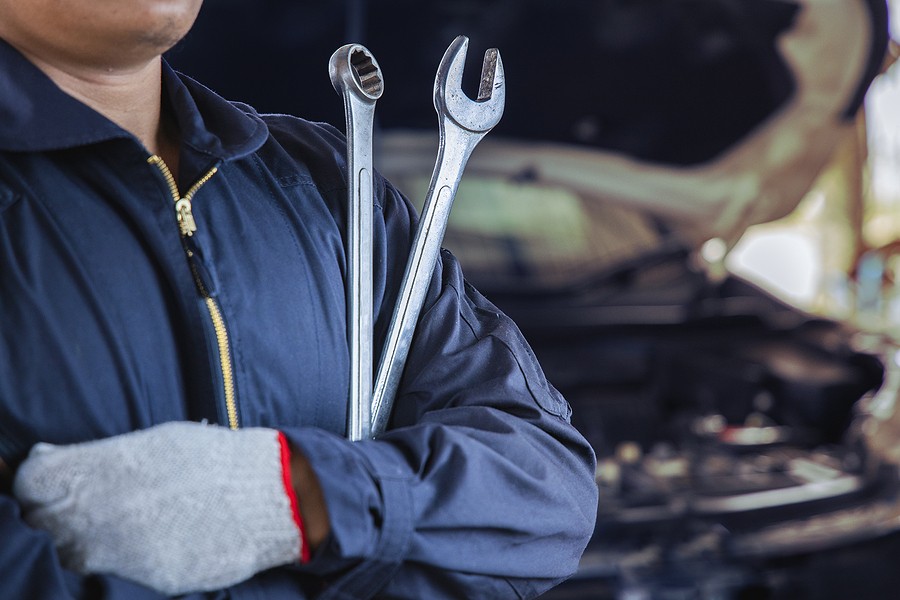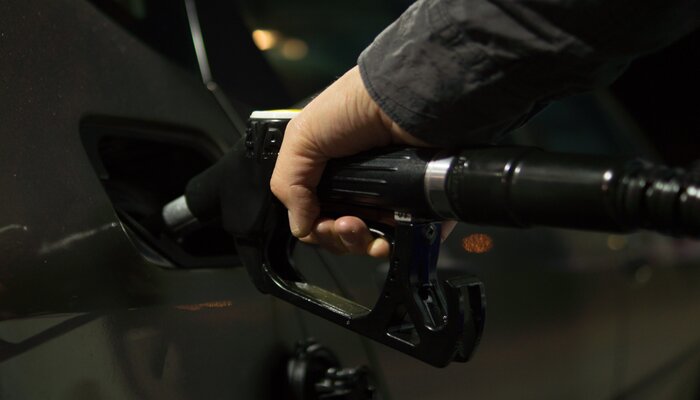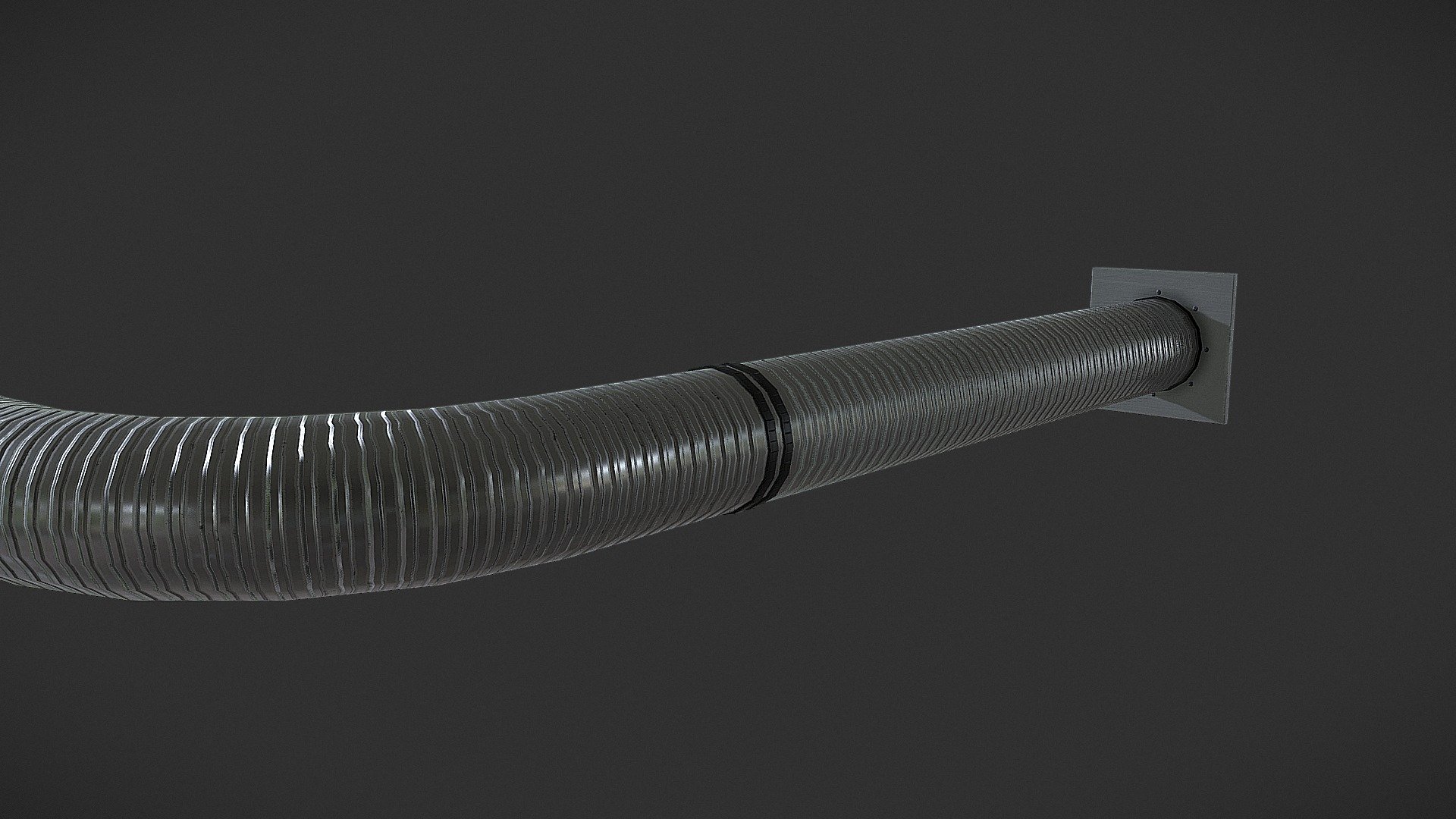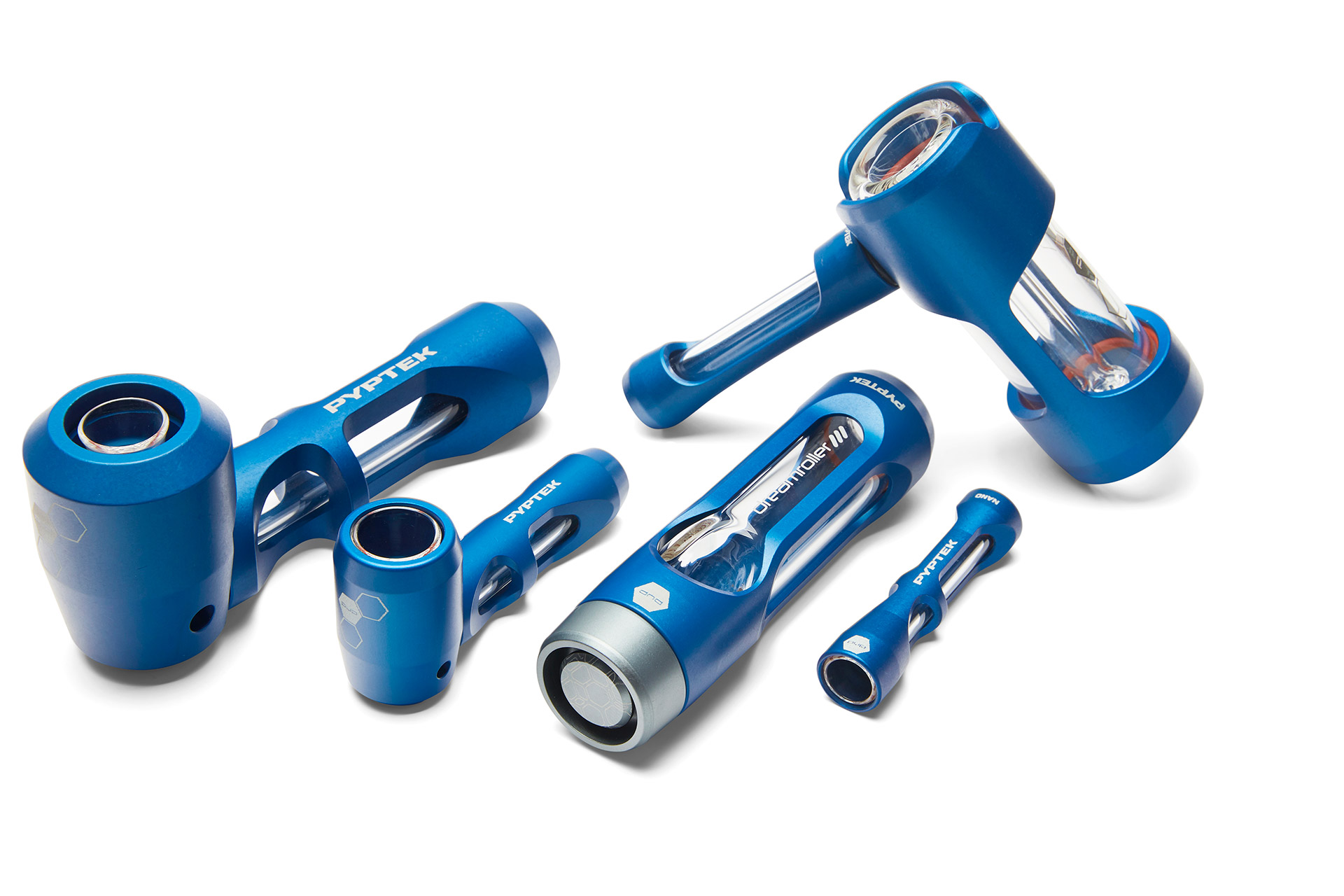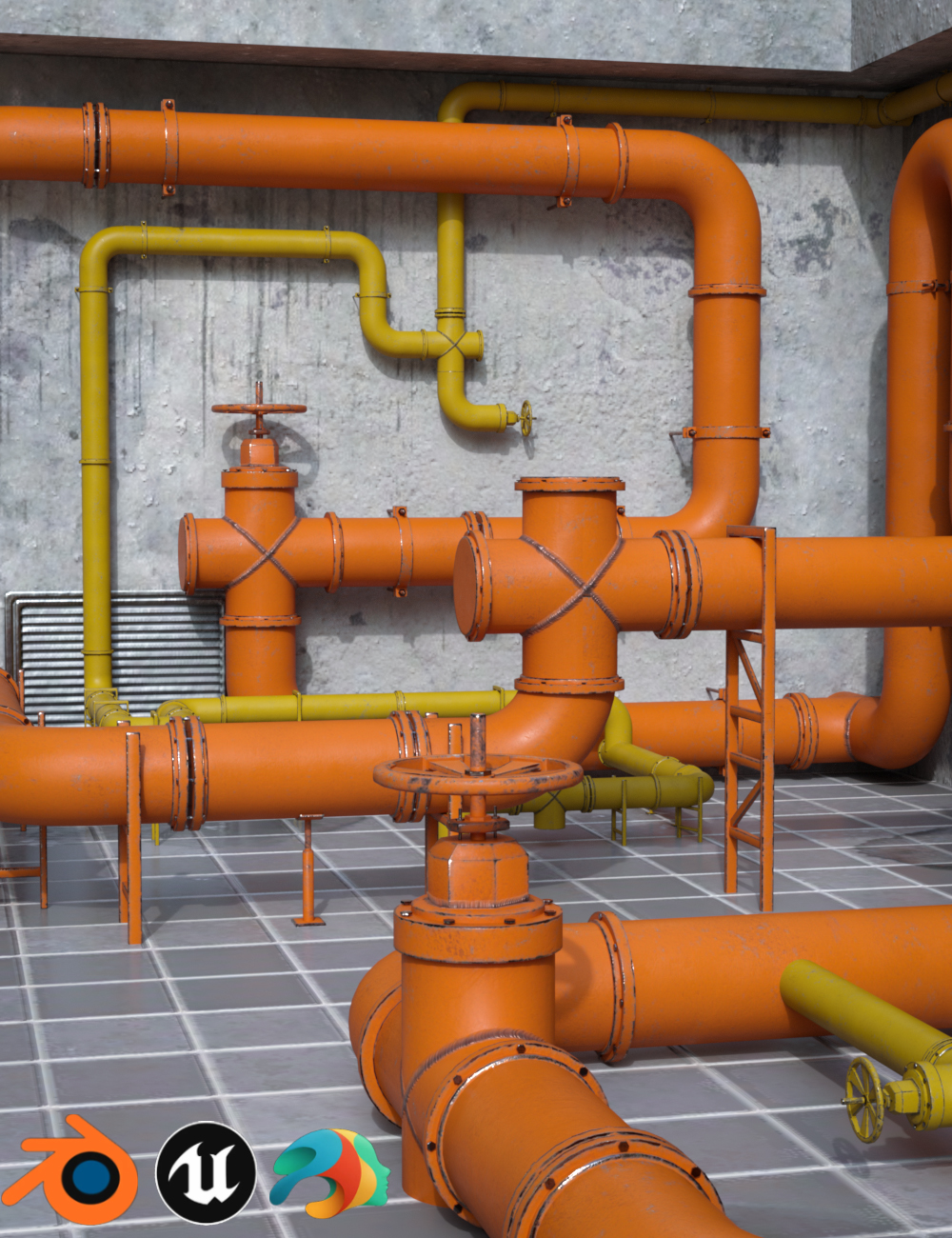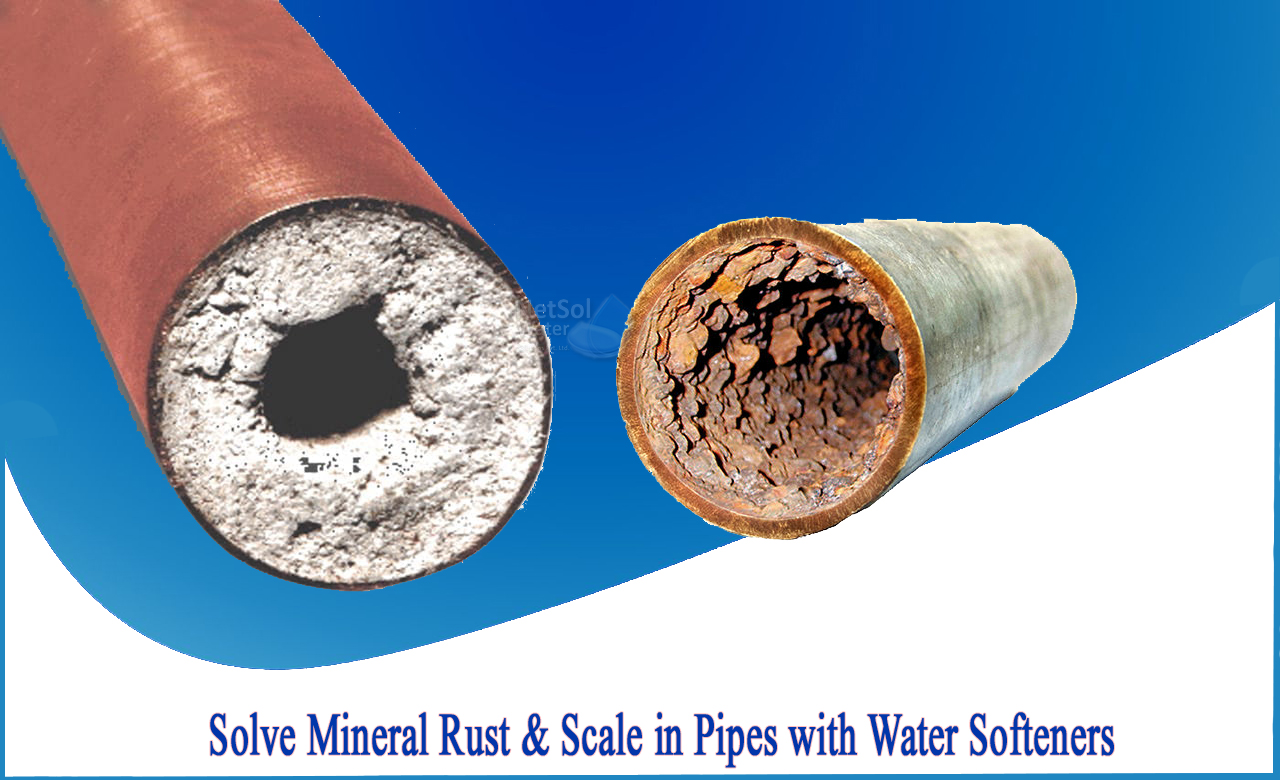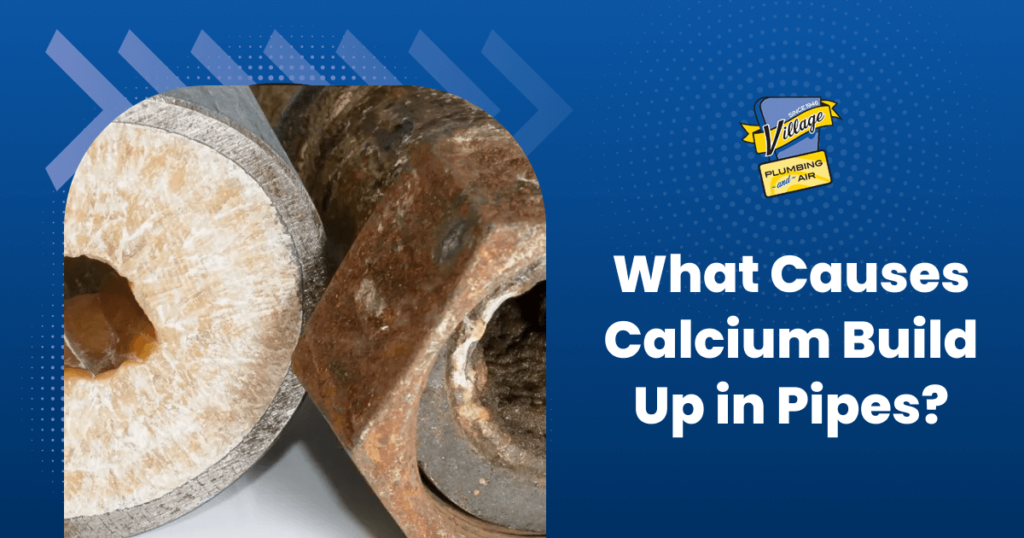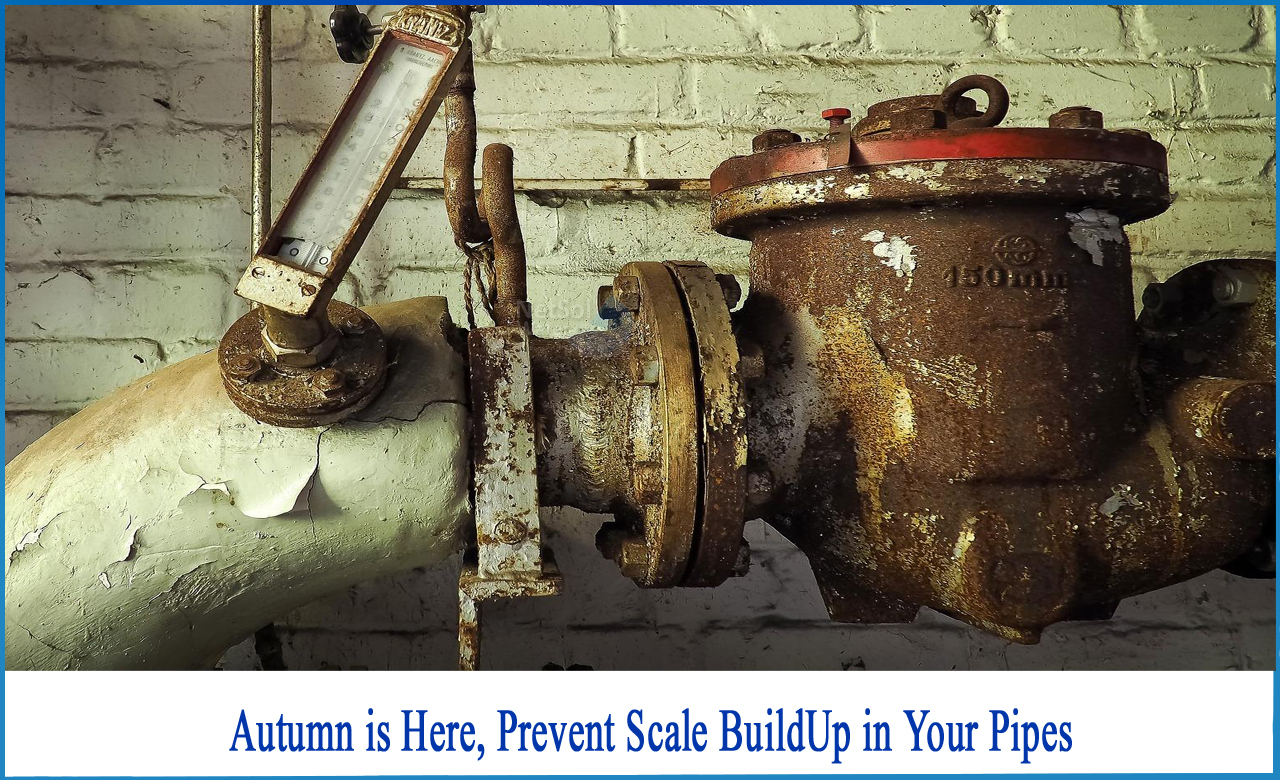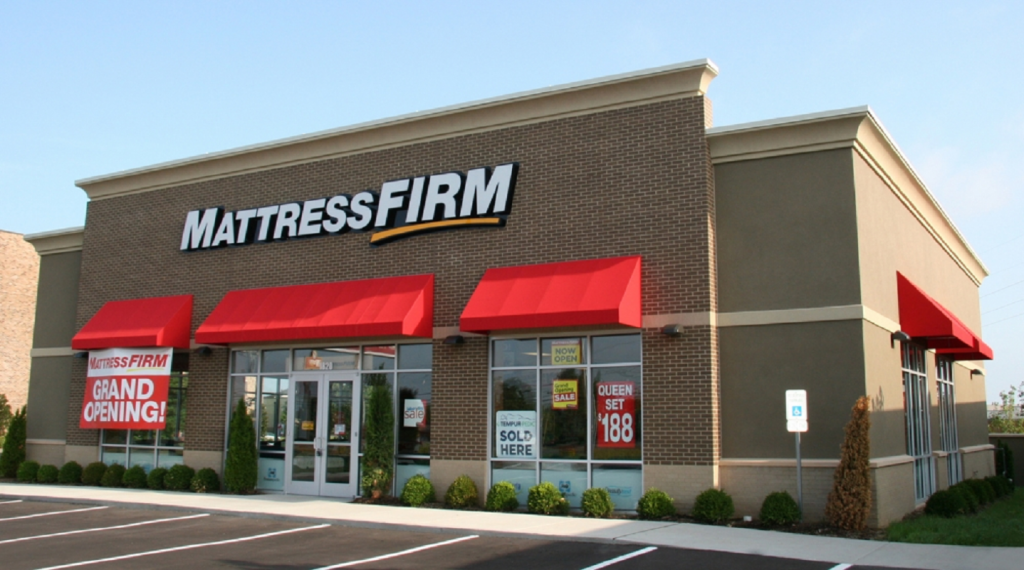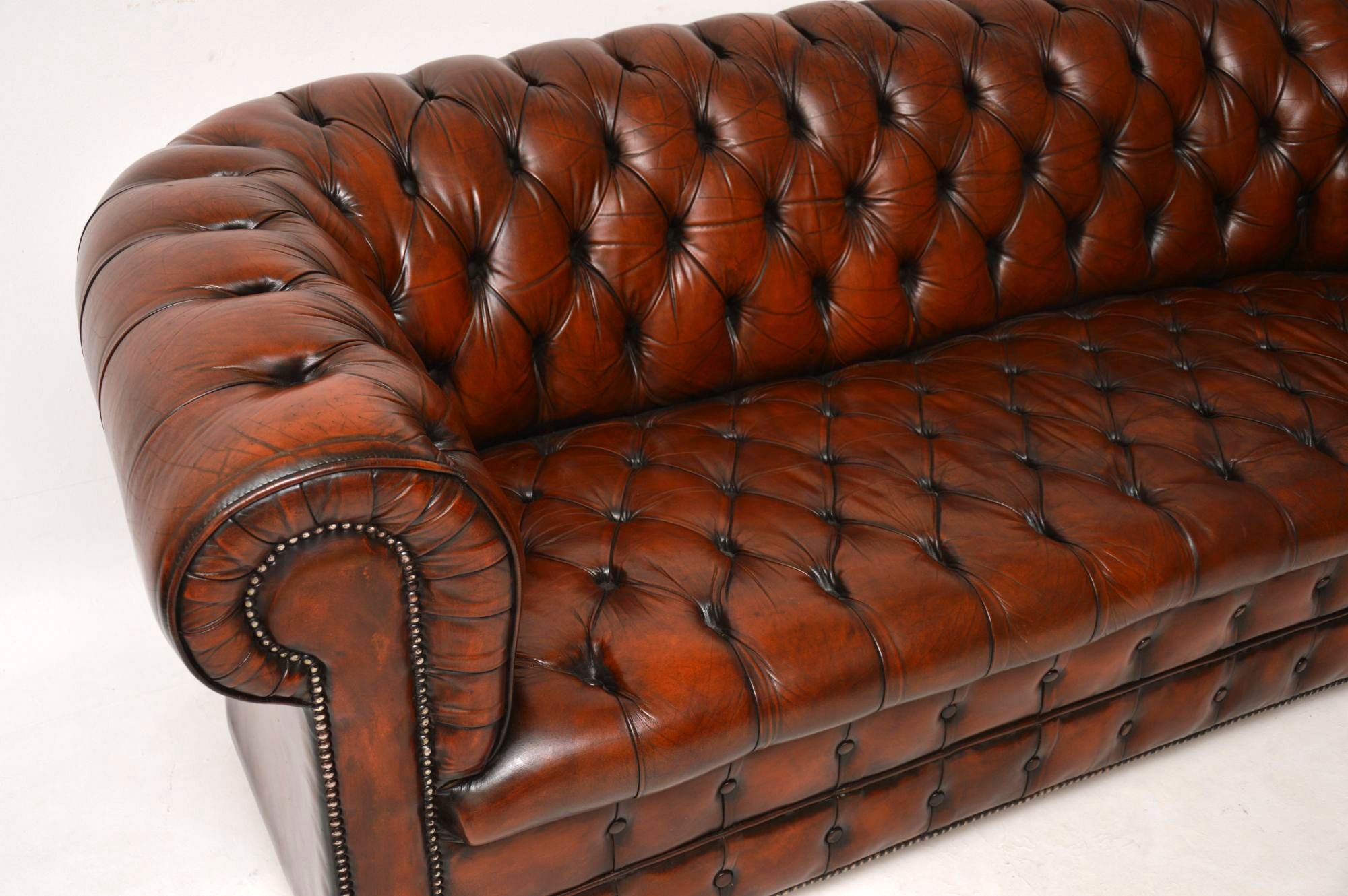One of the most common causes of low hot water pressure in the kitchen sink is a clogged aerator. The aerator is a small mesh screen located at the end of the faucet. It helps to regulate the flow of water and also prevents debris and sediment from getting into the water stream. Over time, mineral deposits and other debris can build up in the aerator and block the flow of water. This can result in reduced hot water pressure in the kitchen sink. To fix this issue, you can try cleaning the aerator by soaking it in a mixture of vinegar and water. If that doesn't work, you may need to replace the aerator entirely.1. Clogged aerator
The faucet cartridge is the part of the faucet that controls the flow of hot and cold water. If the hot water pressure in your kitchen sink is low, it could be due to a faulty faucet cartridge. This is especially common in older faucets that have not been replaced in a long time. Over time, the rubber seals and gaskets inside the cartridge can wear out, causing a decrease in hot water pressure. To fix this issue, you will need to replace the faucet cartridge. This can be a bit more involved and may require the help of a professional plumber.2. Faulty faucet cartridge
If you notice a sudden decrease in hot water pressure in your kitchen sink, it could be due to a leak in your pipes. Leaking pipes can result in a loss of hot water pressure because the water is not able to reach the sink properly. If you suspect that you have a leak, it's important to get it fixed as soon as possible to avoid any further damage to your pipes. You can check for leaks by examining your pipes for any visible damage or by using a water meter to monitor your water usage. If you find a leak, it's best to call a plumber to fix it for you.3. Leaking pipes
If you have a tankless water heater, it's possible that it may not be able to keep up with the demand for hot water in your kitchen sink. This can result in a decrease in hot water pressure. It's also possible that your water heater is not functioning properly, which can also lead to a loss of hot water pressure. If you suspect that your water heater is the cause of your low hot water pressure, you should have it inspected by a professional plumber. They can determine if there are any issues with the water heater and make any necessary repairs or replacements.4. Water heater issue
Pipes can corrode over time due to exposure to moisture and other elements. When this happens, the inside of the pipes can become rough and uneven, causing a decrease in water flow. This can result in low hot water pressure in your kitchen sink. If you suspect that your pipes are corroded, it's best to have them replaced by a professional plumber. This will not only improve your hot water pressure, but it will also prevent any further damage to your plumbing system.5. Corroded pipes
If you are experiencing low hot water pressure in your kitchen sink, it could be due to low water pressure in your main water line. This can be caused by a variety of factors, such as a build-up of mineral deposits, a clogged water main, or a malfunctioning pressure regulator. To fix this issue, you will need to have your main water line inspected by a professional plumber. They can determine the cause of the low water pressure and make any necessary repairs or replacements.6. Low water pressure in main line
The water supply valve is responsible for controlling the flow of water into your home. If it becomes blocked or partially closed, it can result in a decrease in hot water pressure in your kitchen sink. This is a common issue that can be easily fixed. To fix this issue, you will need to locate the water supply valve and make sure it is fully open. If you are not sure where the valve is located, you can consult a professional plumber for assistance.7. Blocked water supply valve
The pressure regulator is responsible for maintaining a steady water pressure in your home. If it is not functioning properly, it can result in low hot water pressure in your kitchen sink. This is a more serious issue that should be addressed by a professional plumber. A plumber can inspect your pressure regulator and determine if it needs to be repaired or replaced. This will help to restore the proper water pressure in your kitchen sink.8. Faulty pressure regulator
Another common cause of low hot water pressure in the kitchen sink is air in the pipes. This can happen if the water supply has been turned off or if there has been a recent plumbing repair. The air can become trapped in the pipes and disrupt the flow of water, resulting in low water pressure. To fix this issue, you can try using a faucet aerator key to remove the air from the pipes. If that doesn't work, you may need to call a plumber to help you bleed the air out of the pipes.9. Air in the pipes
Over time, mineral deposits can build up inside your pipes, especially in areas with hard water. This can result in a decrease in water flow, leading to low hot water pressure in your kitchen sink. If left untreated, the mineral buildup can eventually clog your pipes completely. To prevent this issue, it's important to regularly flush out your pipes with a mixture of vinegar and water. You can also install a water softener to reduce the amount of mineral buildup in your pipes. In conclusion, there are many potential causes for a loss of hot water pressure in the kitchen sink. It's important to address these issues as soon as possible to prevent any further damage to your plumbing system. If you are unsure how to fix the problem, it's best to consult a professional plumber for assistance.10. Mineral buildup in pipes
Reasons for Loss of Hot Water Pressure in Kitchen Sink Only
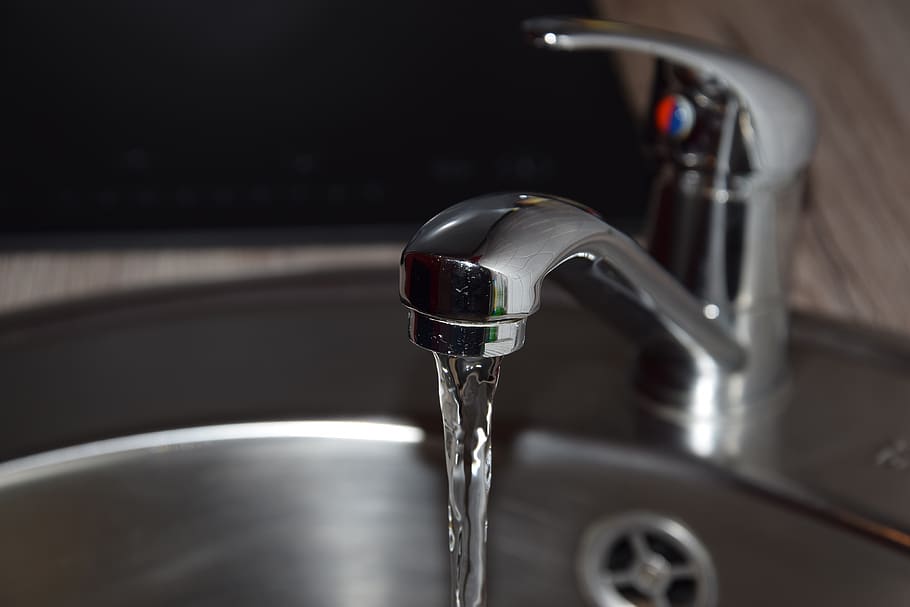
Clogged Pipes or Aerators
 One of the most common reasons for experiencing loss of hot water pressure in your kitchen sink is due to clogged pipes or aerators. Over time, debris and mineral buildup can accumulate in your pipes and aerators, causing blockages that restrict the flow of water. This is especially true for hot water pipes as the heat can cause minerals to solidify and create stubborn clogs.
To prevent this issue, it is important to regularly clean and maintain your pipes and aerators.
This can be done by using a plumbing snake or a commercial drain cleaner to clear any buildup. For aerators, simply unscrew them from the faucet and soak them in a mixture of vinegar and water to dissolve any mineral deposits. Regular maintenance will help keep your pipes and aerators free from clogs and maintain steady hot water pressure in your kitchen sink.
One of the most common reasons for experiencing loss of hot water pressure in your kitchen sink is due to clogged pipes or aerators. Over time, debris and mineral buildup can accumulate in your pipes and aerators, causing blockages that restrict the flow of water. This is especially true for hot water pipes as the heat can cause minerals to solidify and create stubborn clogs.
To prevent this issue, it is important to regularly clean and maintain your pipes and aerators.
This can be done by using a plumbing snake or a commercial drain cleaner to clear any buildup. For aerators, simply unscrew them from the faucet and soak them in a mixture of vinegar and water to dissolve any mineral deposits. Regular maintenance will help keep your pipes and aerators free from clogs and maintain steady hot water pressure in your kitchen sink.
Issues with Hot Water Heater
 Another common cause for loss of hot water pressure in the kitchen sink is a problem with your hot water heater. If you notice that only the hot water in your kitchen sink is affected, it could be a sign that there is an issue with your hot water heater. This could be due to a faulty heating element, sediment buildup, or a malfunctioning thermostat.
Regular maintenance of your hot water heater is crucial to ensure proper functioning and avoid any issues with hot water pressure.
Flushing out sediment and checking for any damaged or worn-out parts can help prevent problems with your hot water heater. If the issue persists, it is best to consult a professional plumber to diagnose and fix the problem.
Another common cause for loss of hot water pressure in the kitchen sink is a problem with your hot water heater. If you notice that only the hot water in your kitchen sink is affected, it could be a sign that there is an issue with your hot water heater. This could be due to a faulty heating element, sediment buildup, or a malfunctioning thermostat.
Regular maintenance of your hot water heater is crucial to ensure proper functioning and avoid any issues with hot water pressure.
Flushing out sediment and checking for any damaged or worn-out parts can help prevent problems with your hot water heater. If the issue persists, it is best to consult a professional plumber to diagnose and fix the problem.
Leaking Pipes
 Leaking pipes can also cause a loss of hot water pressure in your kitchen sink. If the hot water pipes leading to your kitchen sink are leaking, it can reduce the amount of hot water that reaches the faucet. This can lead to a decrease in water pressure and cause issues with hot water flow.
It is important to regularly check for any leaks in your hot water pipes and have them repaired as soon as possible to avoid further damage.
If you are unsure if you have a leak, you can check your water meter while all faucets are turned off. If the meter is still running, it is likely that you have a leak and should call a plumber to fix it.
Leaking pipes can also cause a loss of hot water pressure in your kitchen sink. If the hot water pipes leading to your kitchen sink are leaking, it can reduce the amount of hot water that reaches the faucet. This can lead to a decrease in water pressure and cause issues with hot water flow.
It is important to regularly check for any leaks in your hot water pipes and have them repaired as soon as possible to avoid further damage.
If you are unsure if you have a leak, you can check your water meter while all faucets are turned off. If the meter is still running, it is likely that you have a leak and should call a plumber to fix it.
Conclusion
 In conclusion, experiencing loss of hot water pressure in your kitchen sink can be frustrating, but it is a common issue that can be easily resolved. Regular maintenance of your pipes, aerators, and hot water heater can help prevent clogs and other problems that may cause a decrease in hot water pressure. If the issue persists, it is best to seek the help of a professional plumber to diagnose and fix the problem. Remember, maintaining your plumbing system is key to ensuring a steady and consistent flow of hot water in your kitchen sink.
In conclusion, experiencing loss of hot water pressure in your kitchen sink can be frustrating, but it is a common issue that can be easily resolved. Regular maintenance of your pipes, aerators, and hot water heater can help prevent clogs and other problems that may cause a decrease in hot water pressure. If the issue persists, it is best to seek the help of a professional plumber to diagnose and fix the problem. Remember, maintaining your plumbing system is key to ensuring a steady and consistent flow of hot water in your kitchen sink.

:max_bytes(150000):strip_icc()/ac2-56a73c5c5f9b58b7d0e81846.jpg)

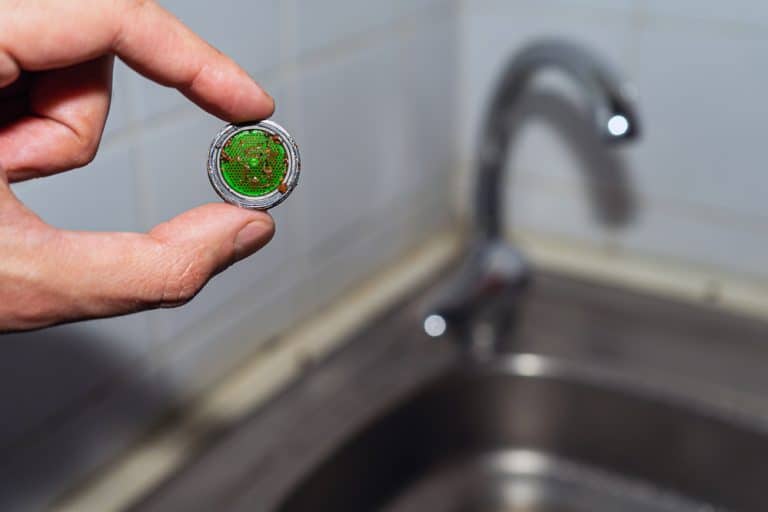



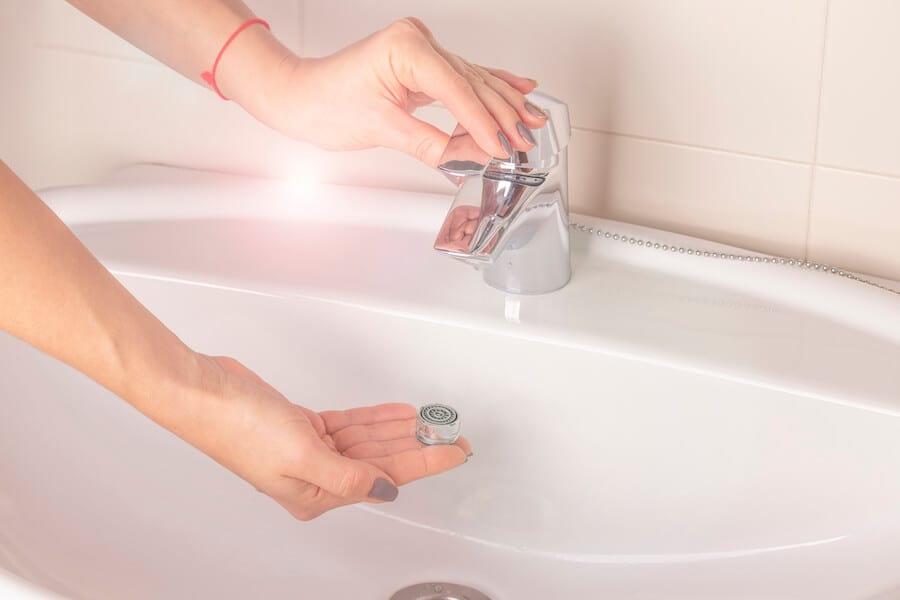



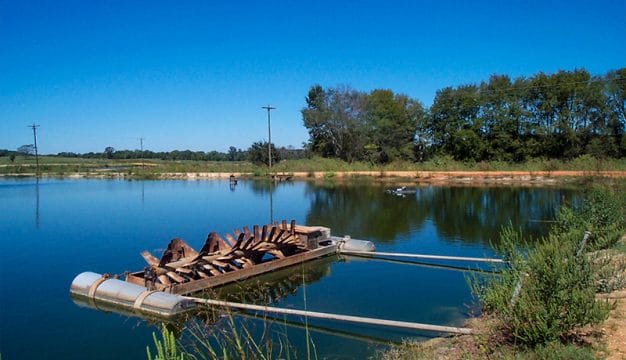

















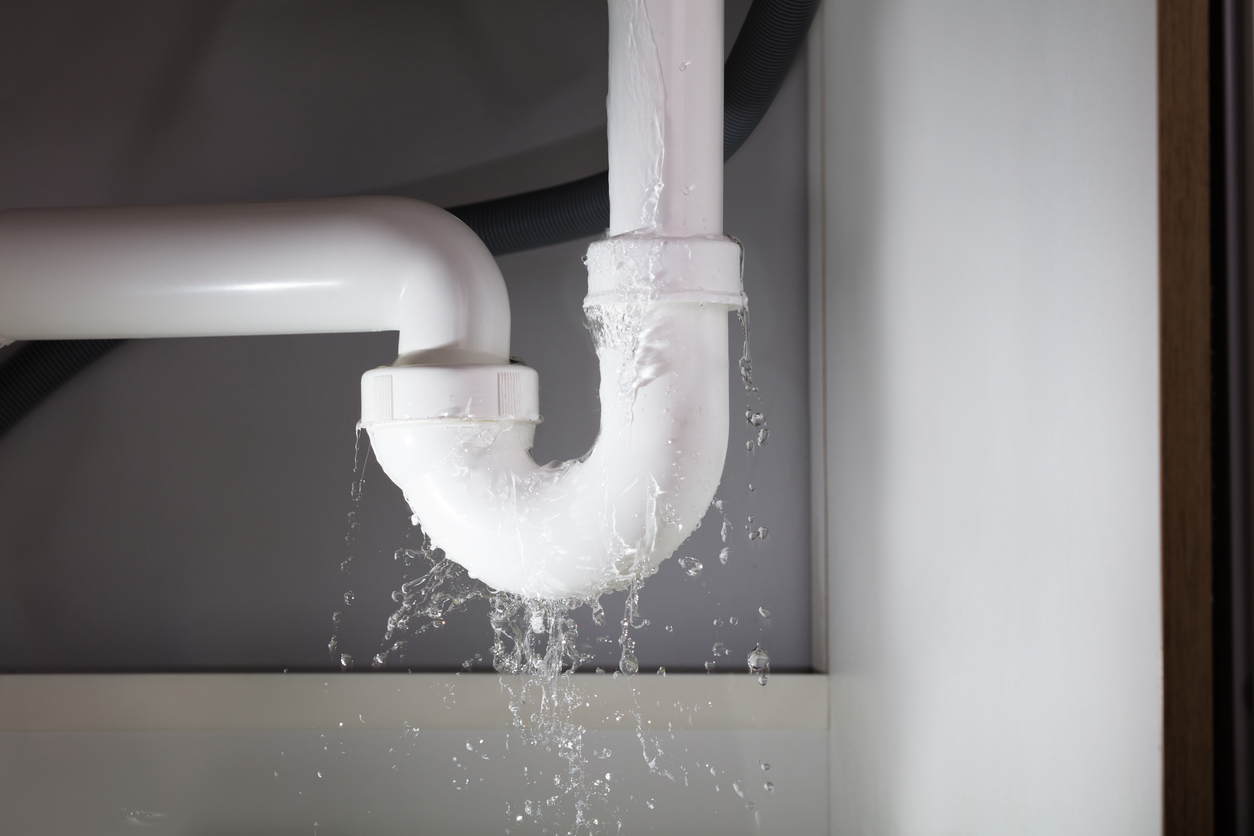

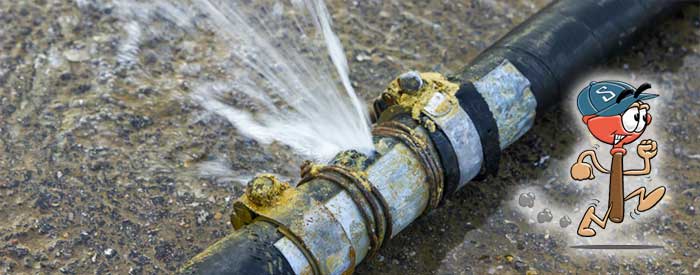
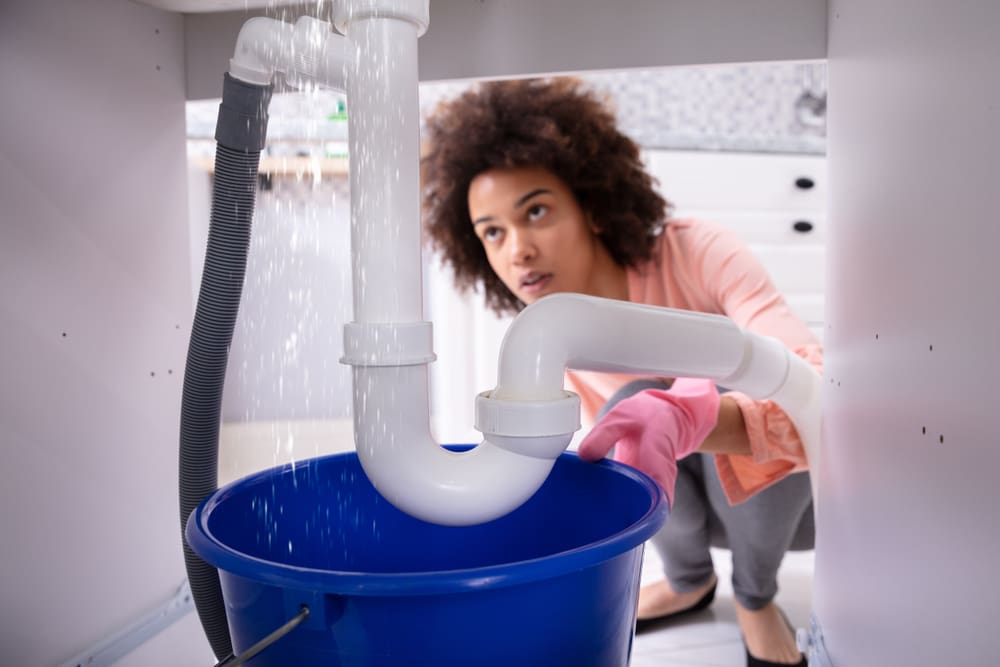

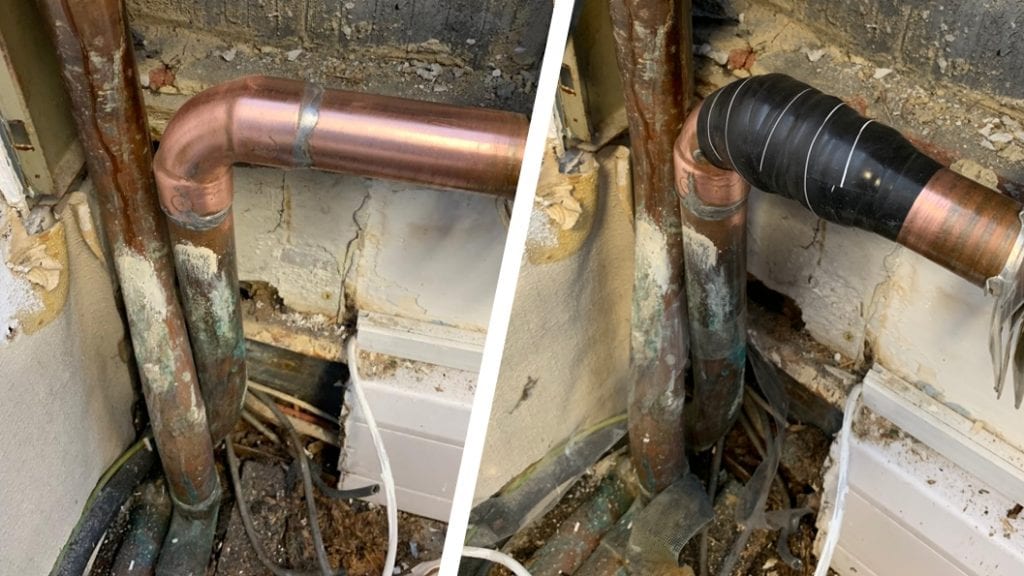
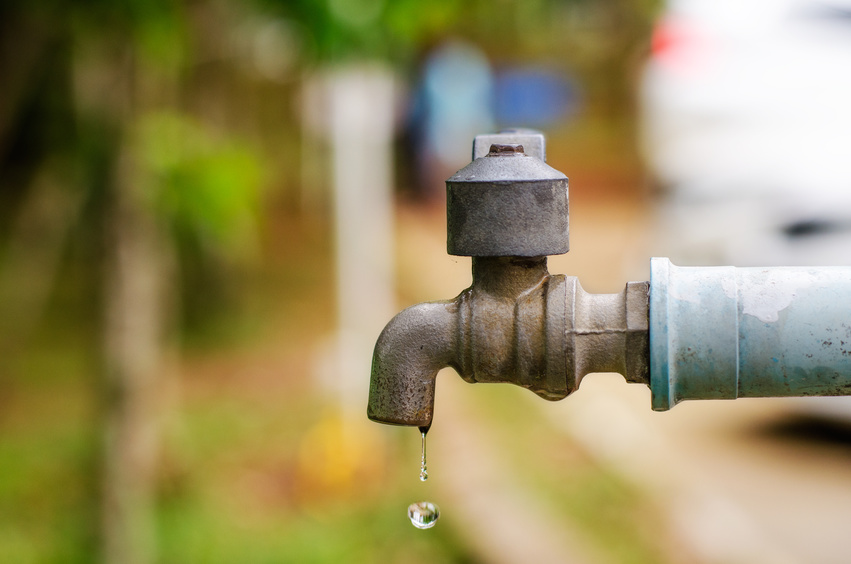
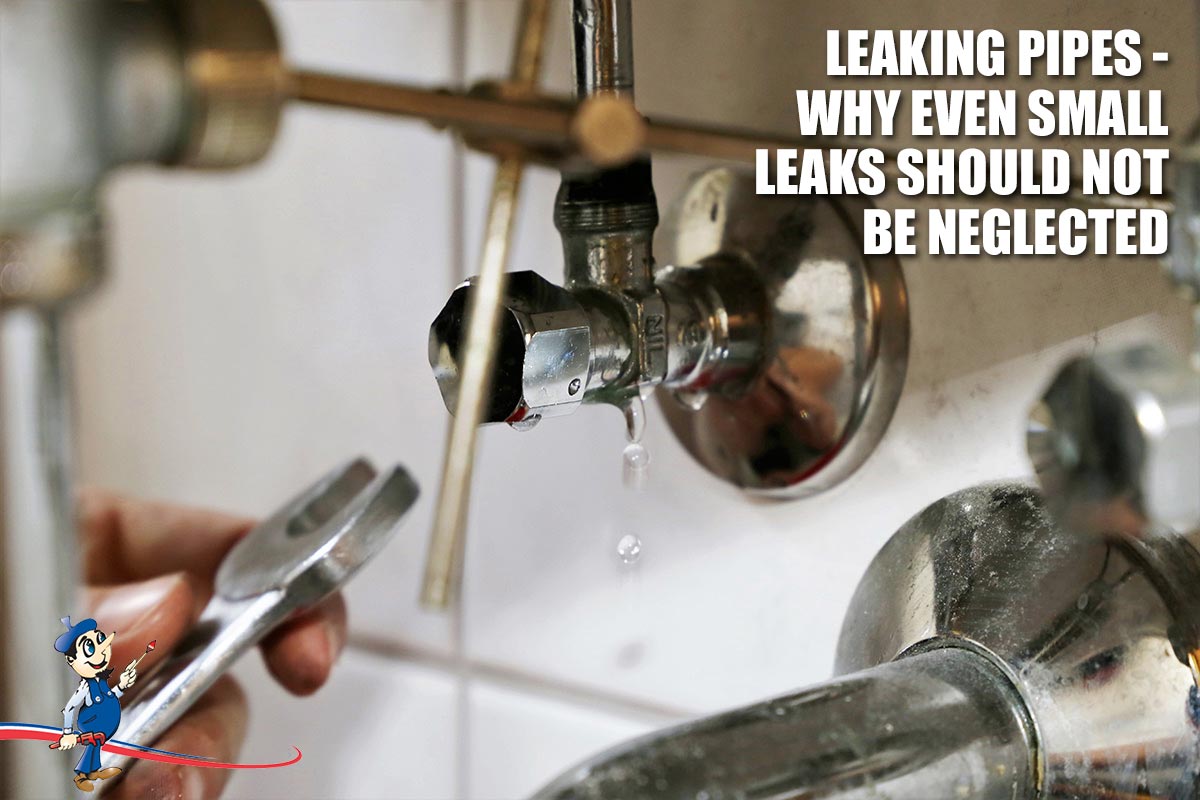





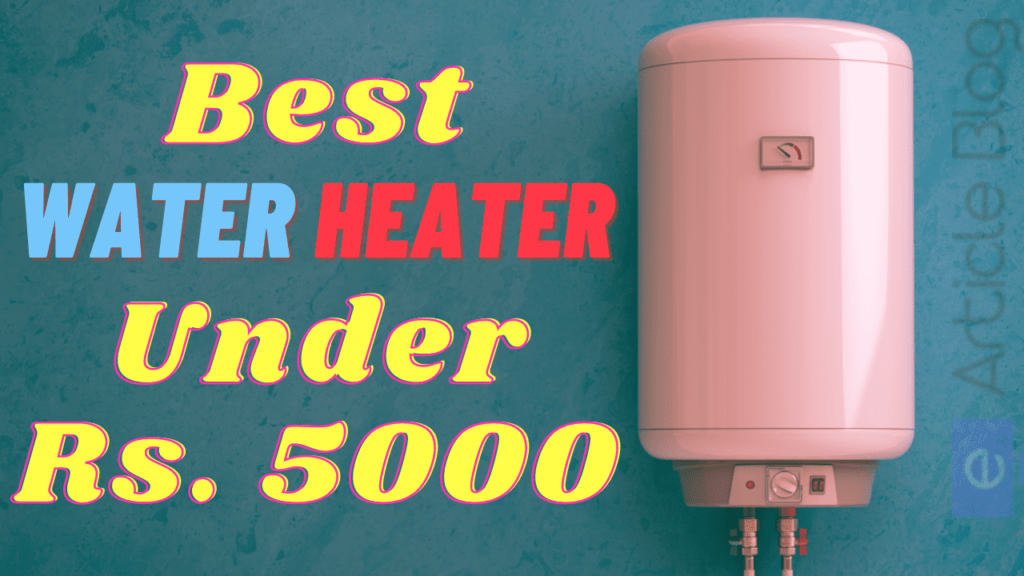



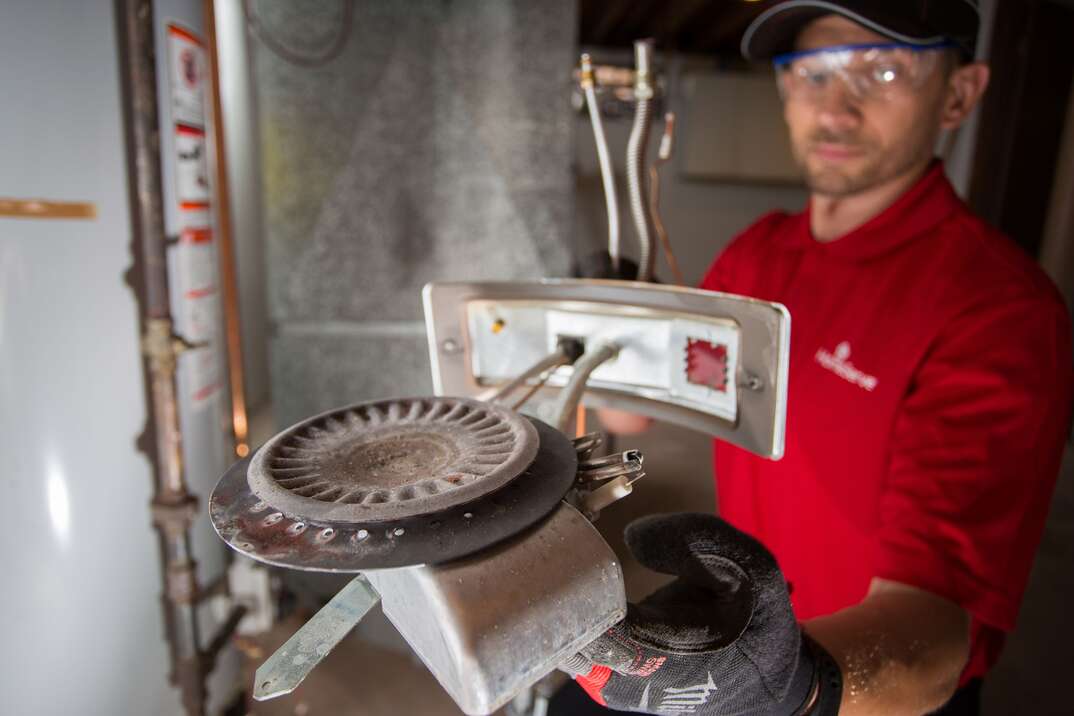
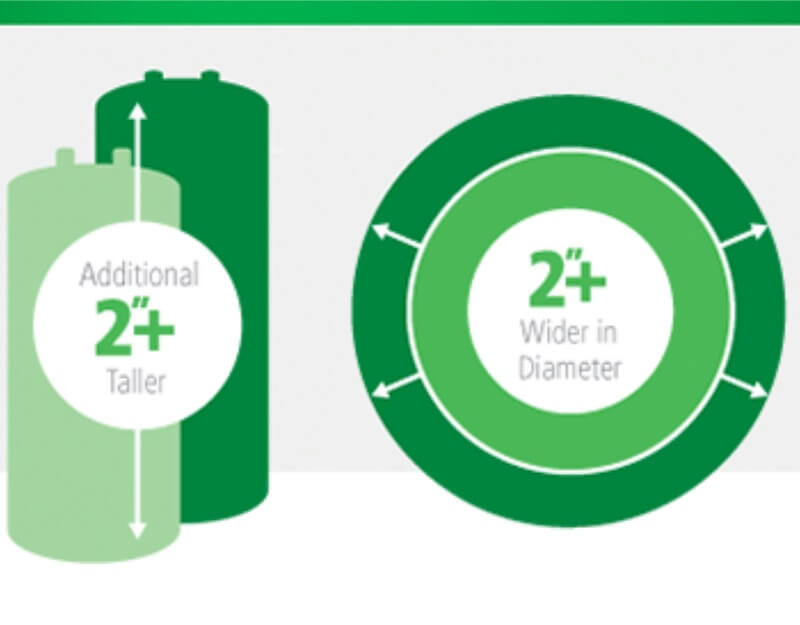



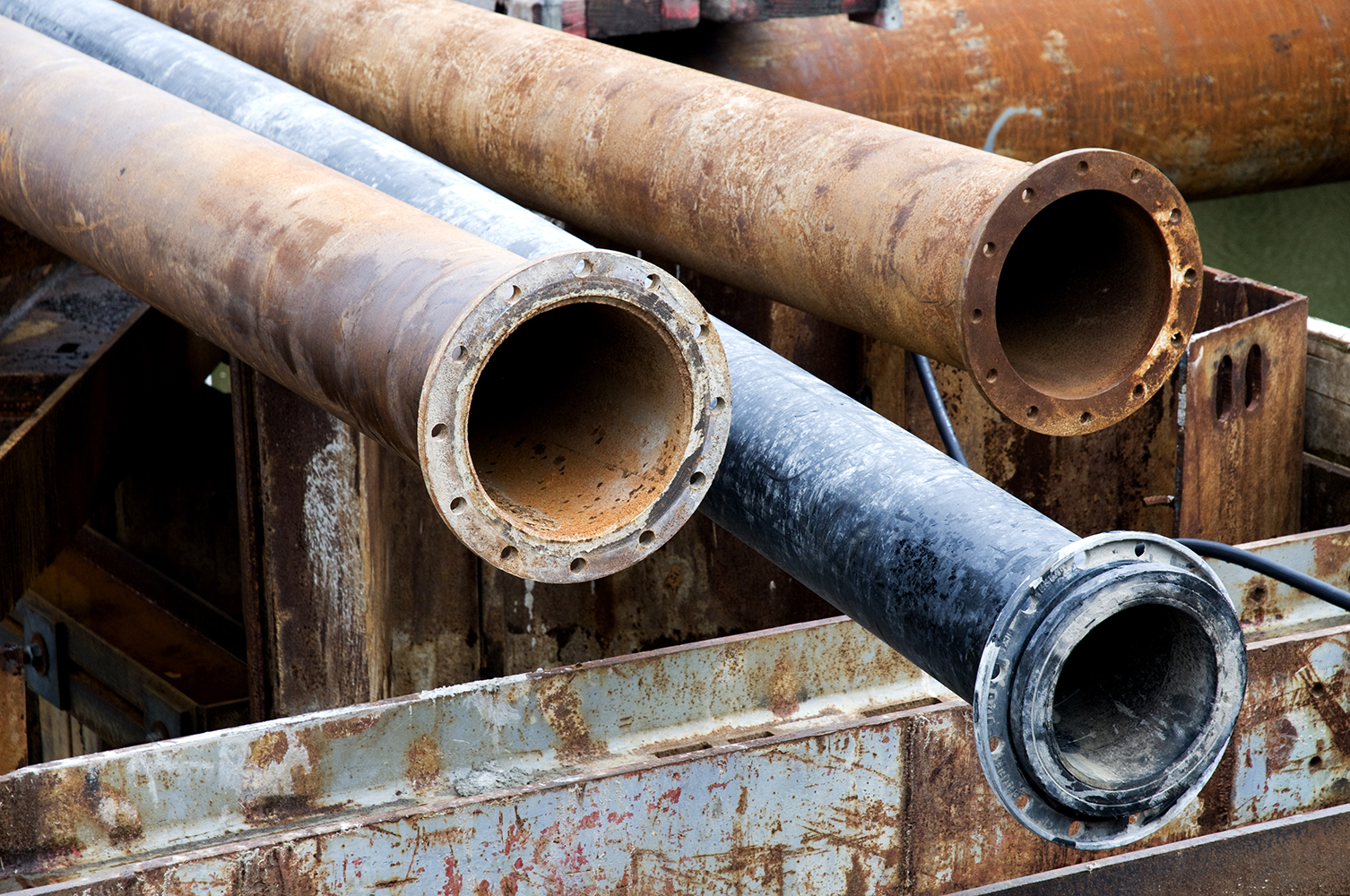


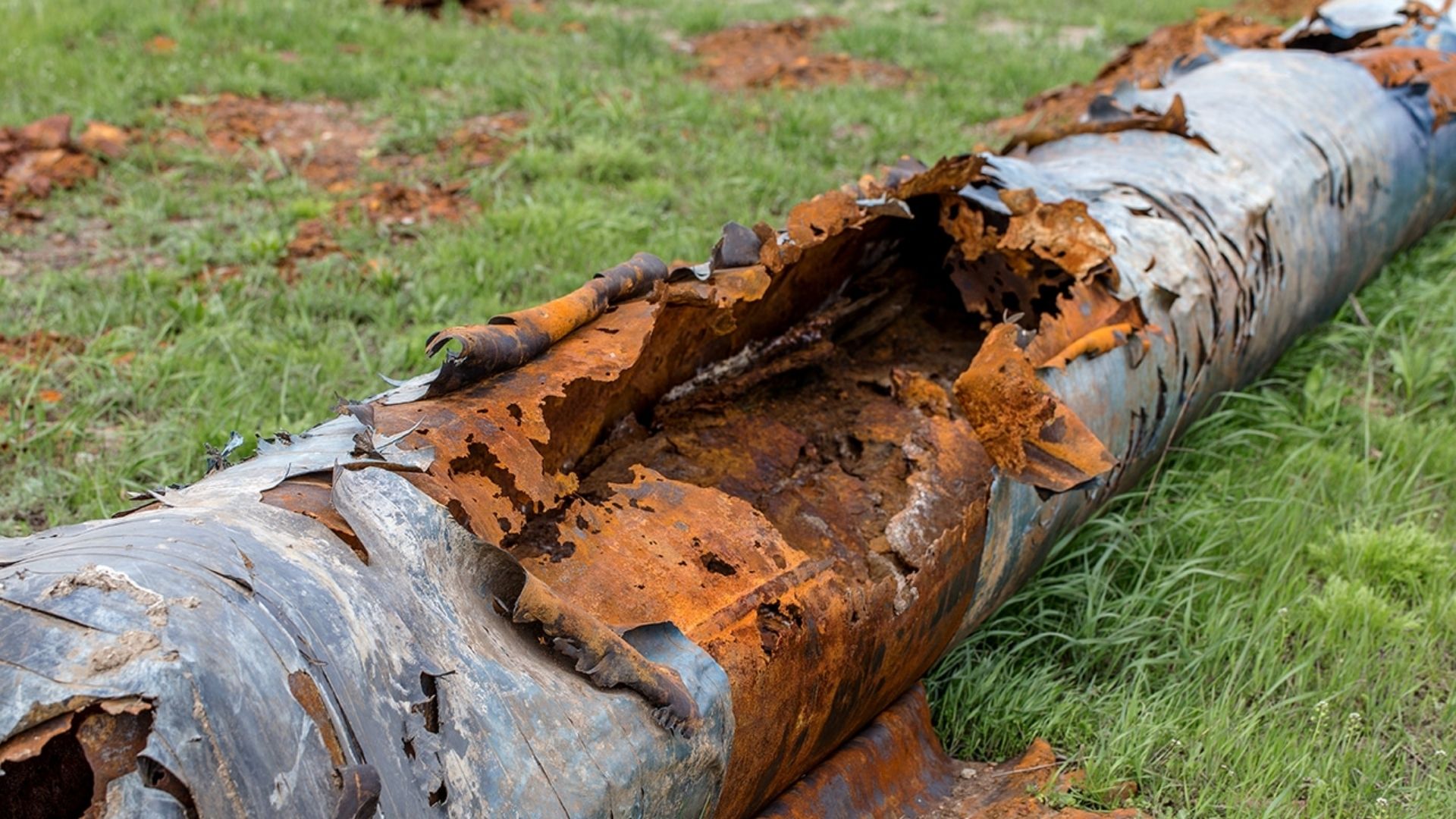
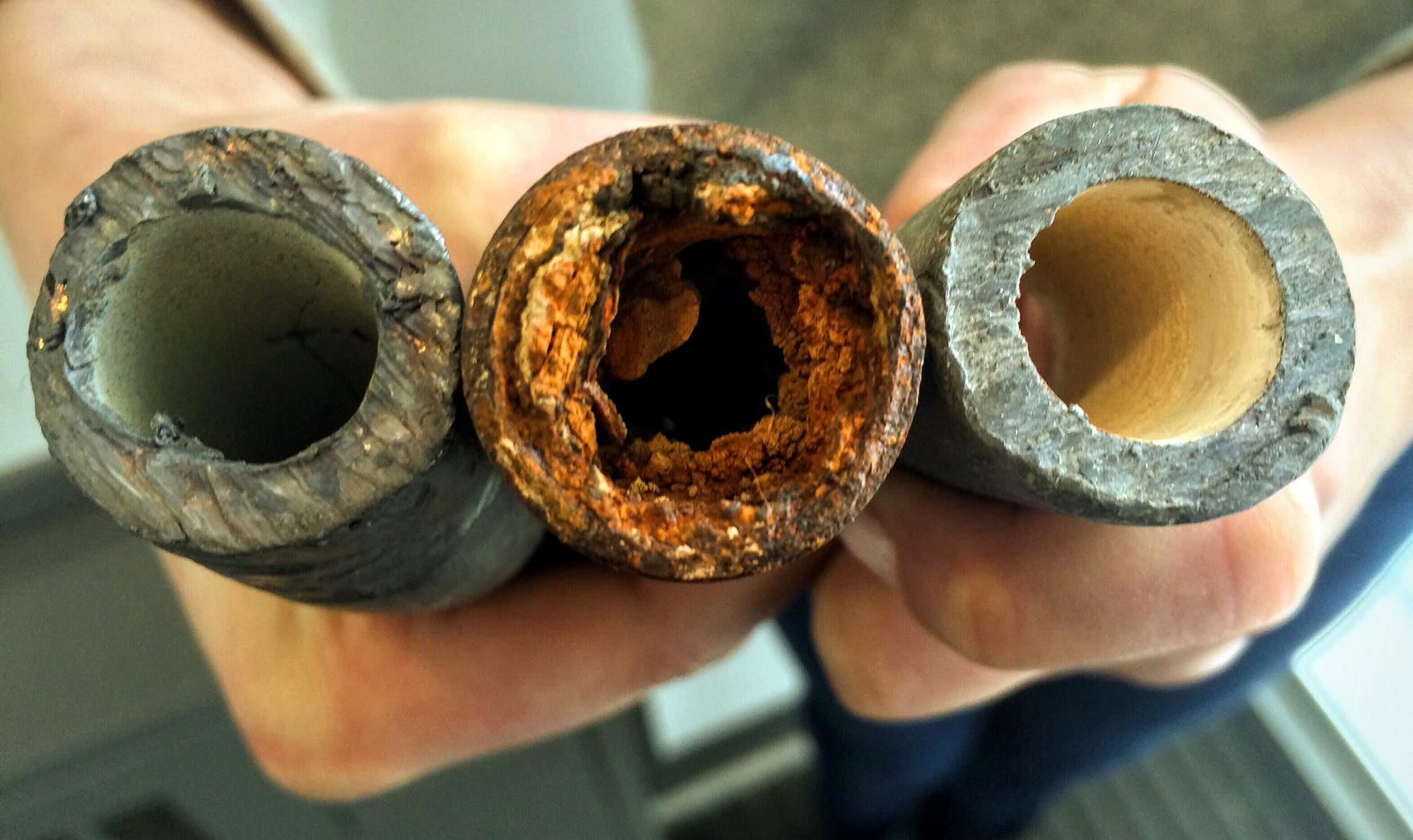
:quality(70)/cloudfront-us-east-1.images.arcpublishing.com/cmg/OWK6LZ7PBFDP5DVLQKXE6VITEQ.jpeg)


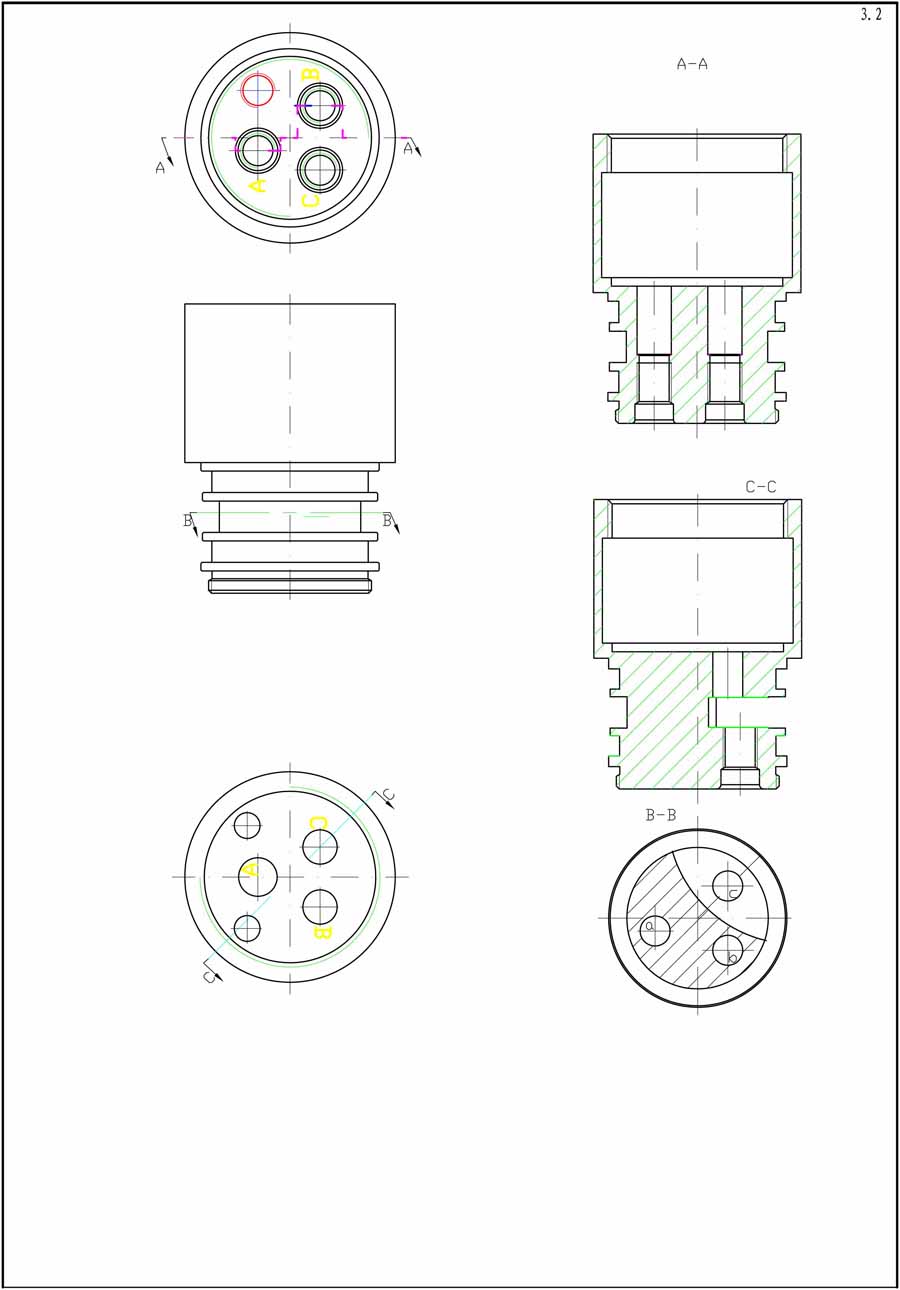


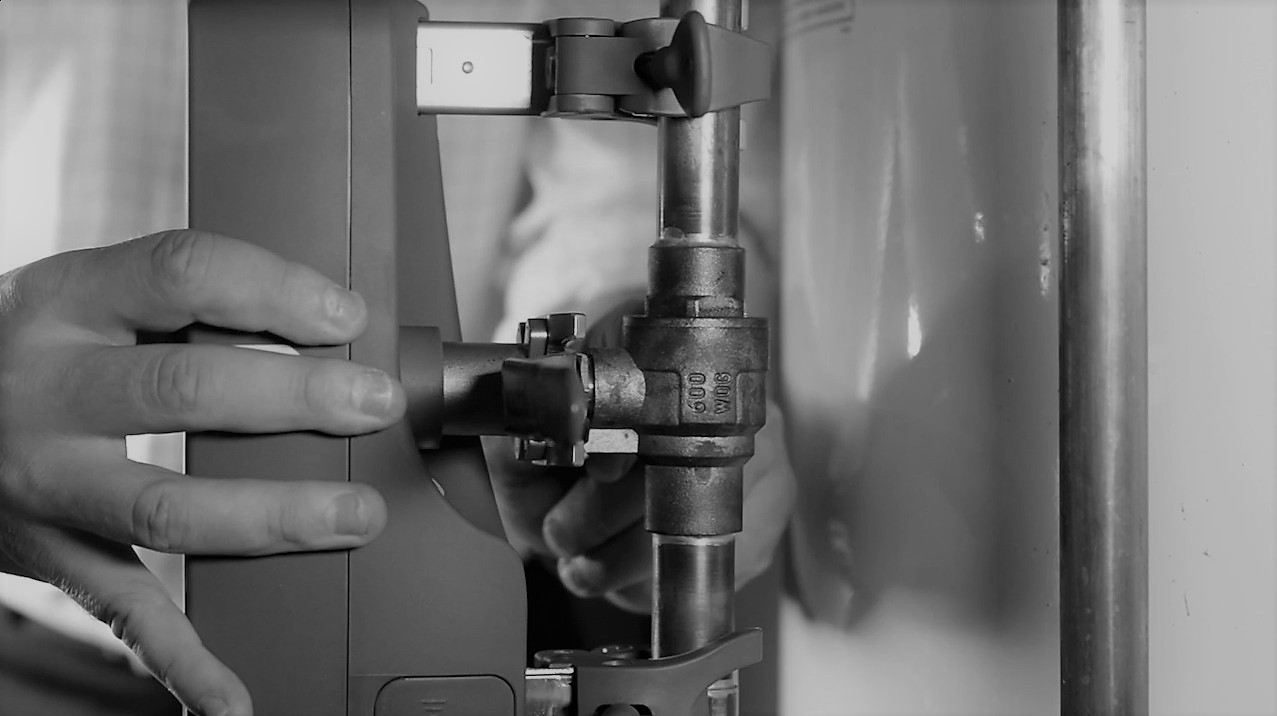

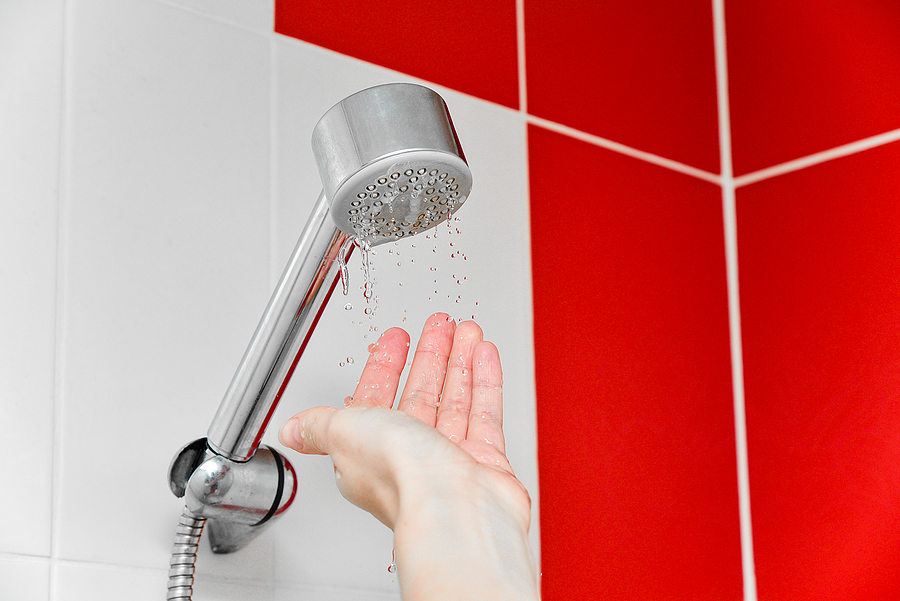


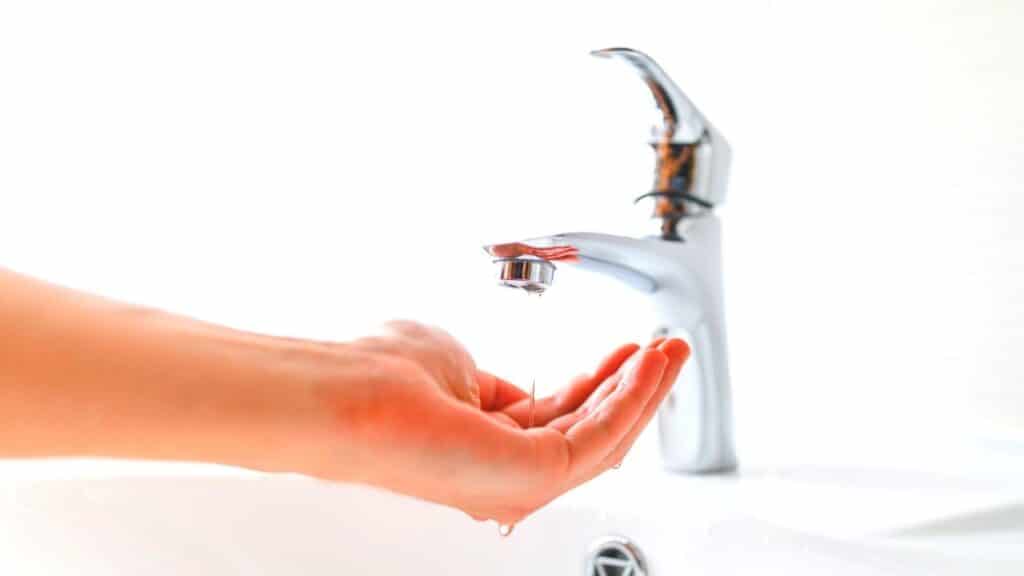
:max_bytes(150000):strip_icc()/home-water-pressure-problems-2718730-3d3b6ee75946443eba2b19138c3dc830.png)
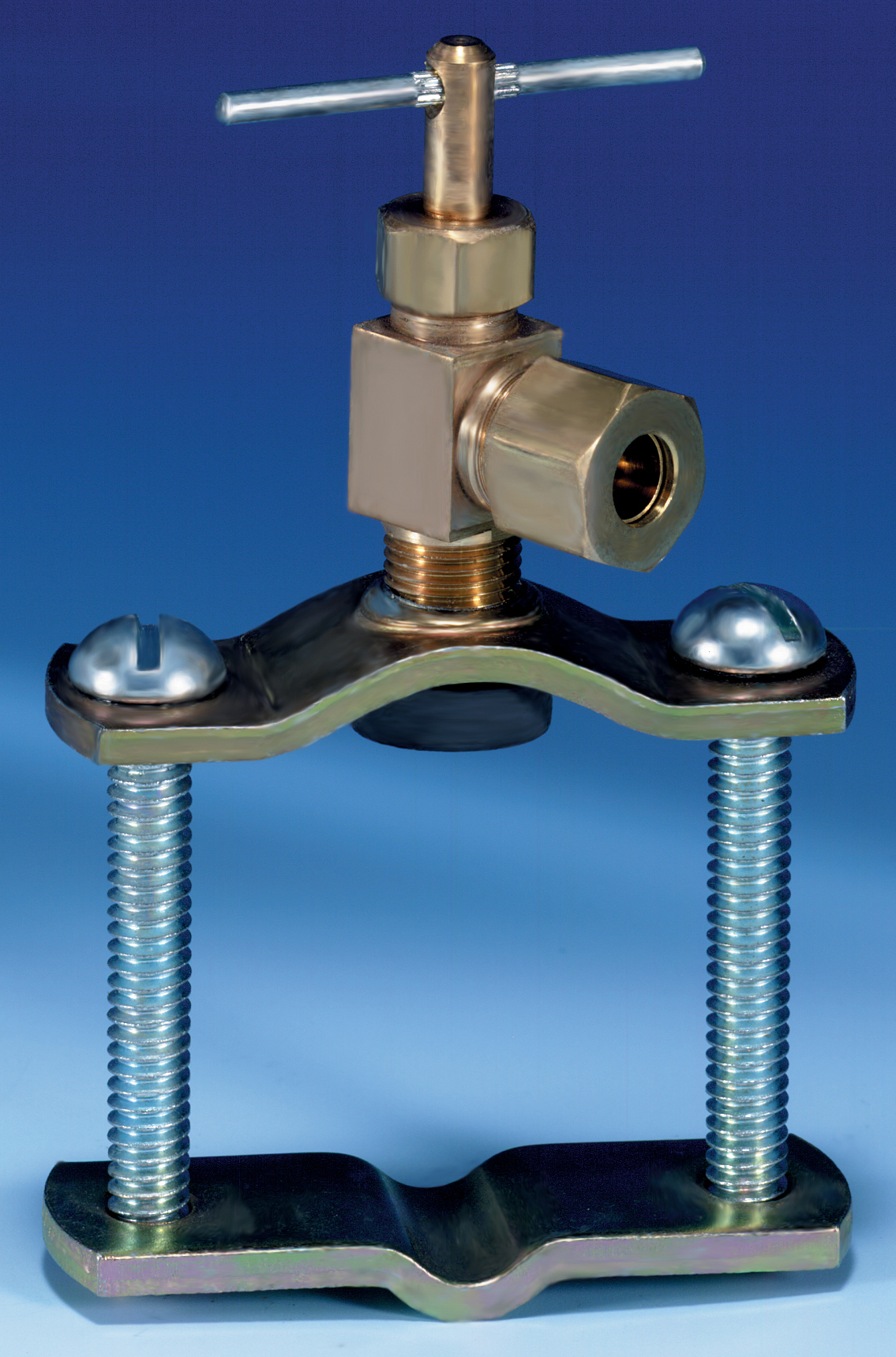
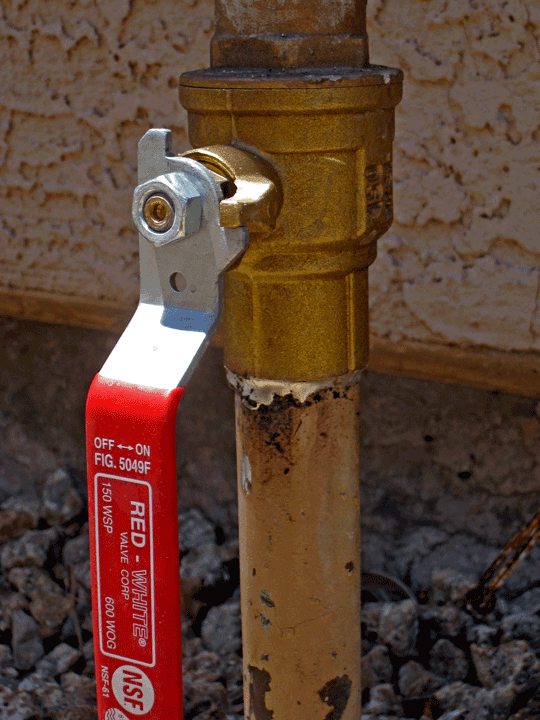
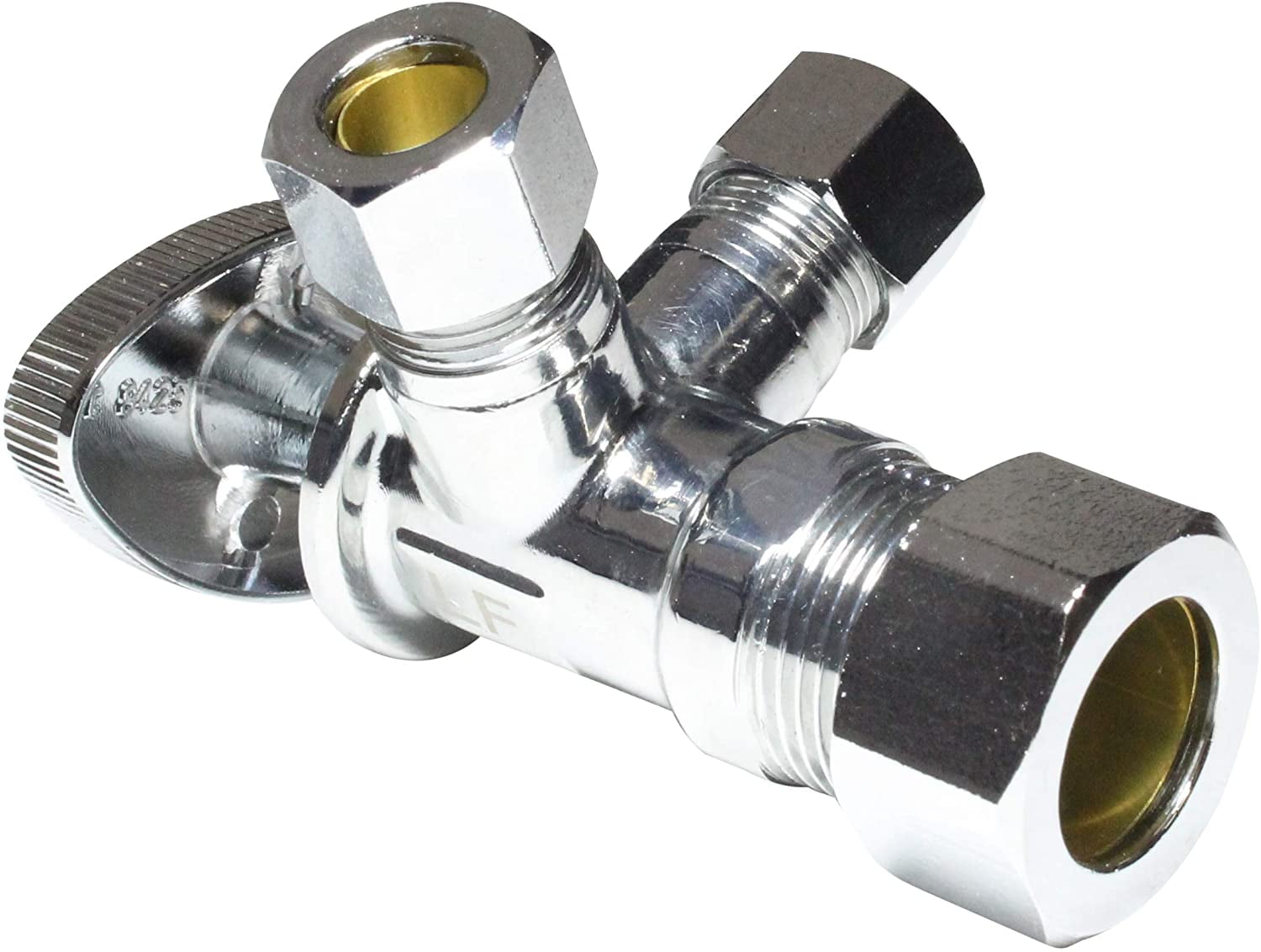
:max_bytes(150000):strip_icc()/GettyImages-1057621140-78ab2e946841421d9a7efeebe02935d2.jpg)

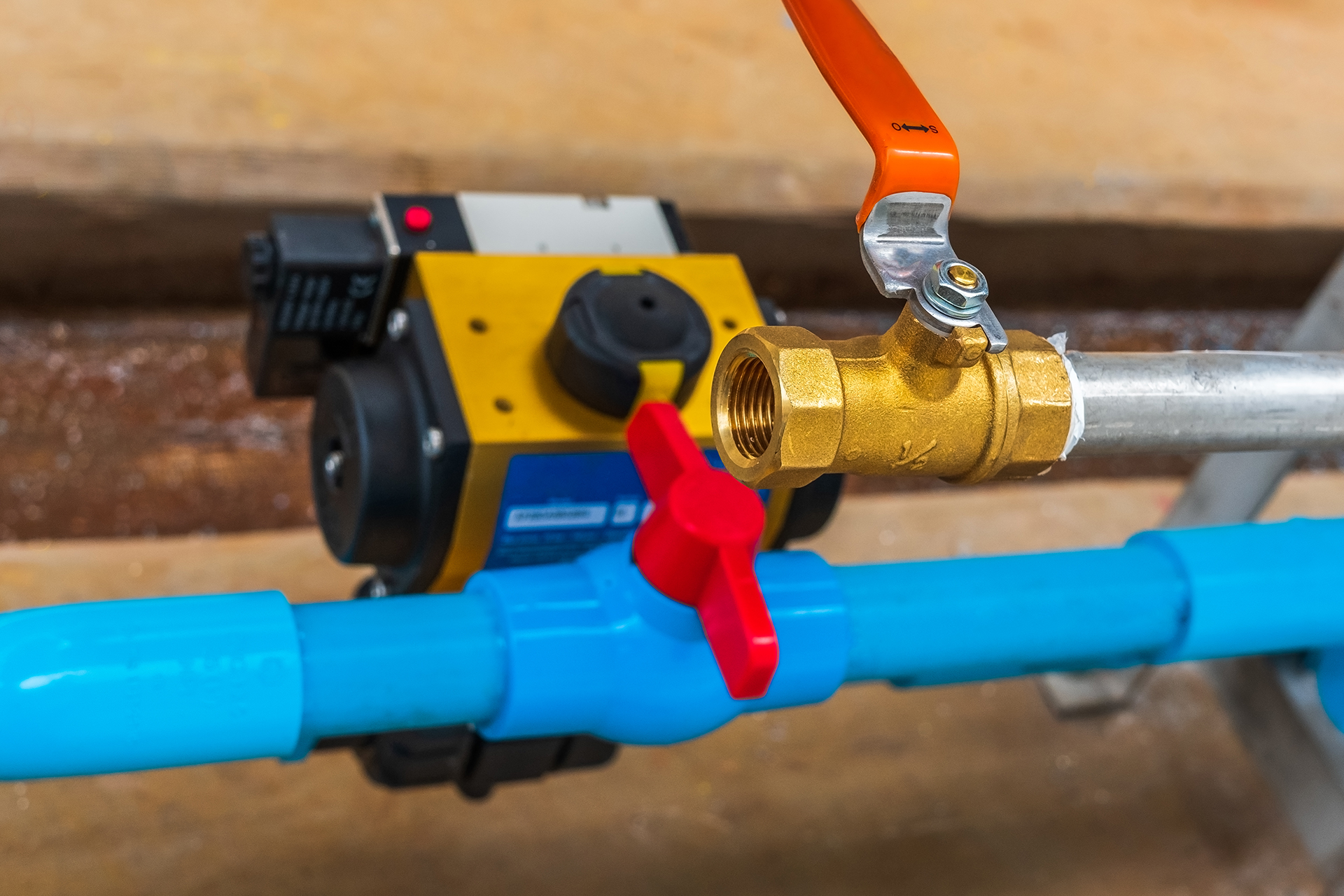

:max_bytes(150000):strip_icc()/water-shut-off-valve-types-2718739-02-431bc79d943a40eaaaa731c4e1f0791d.jpg)


:max_bytes(150000):strip_icc()/water-shut-off-valve-types-2718739-01-b1e2d725b53447a2abc9ac511f7e5da7.jpg)
:max_bytes(150000):strip_icc()/GettyImages-106572292-3658474337224eda8721faead4f91390.jpg)
